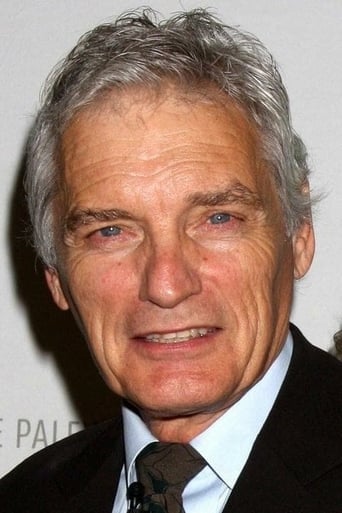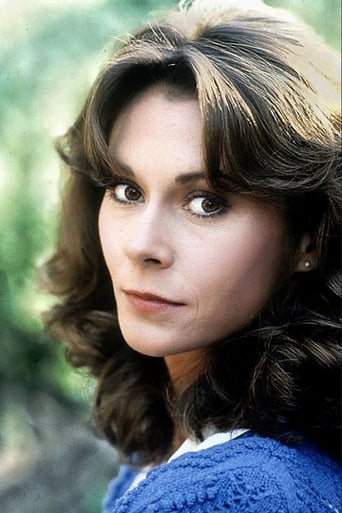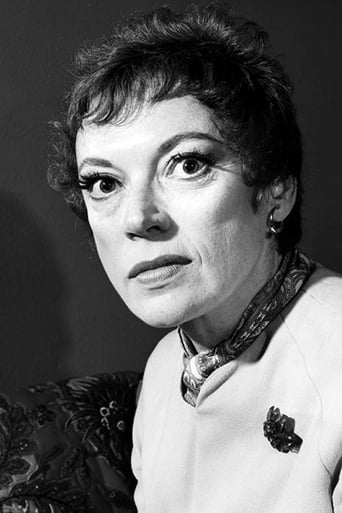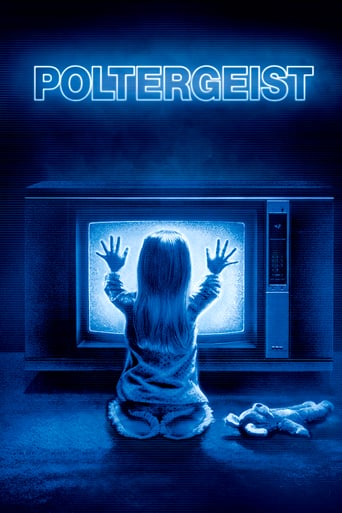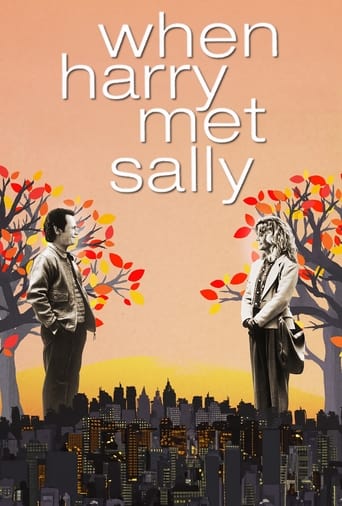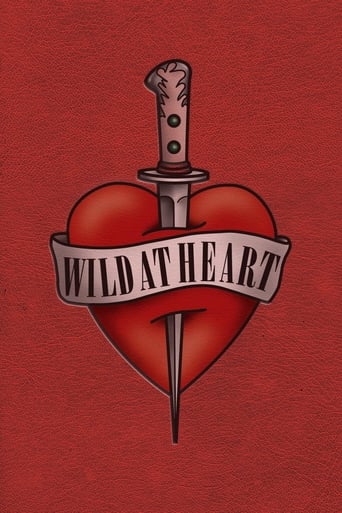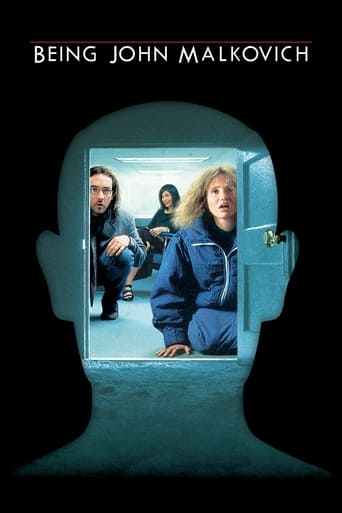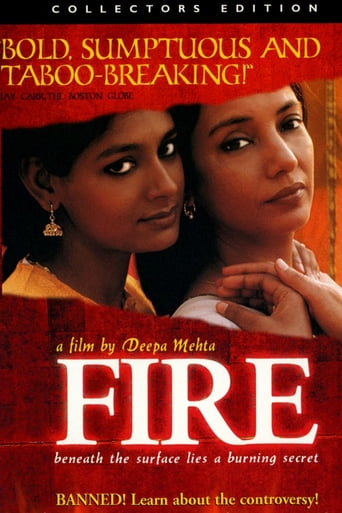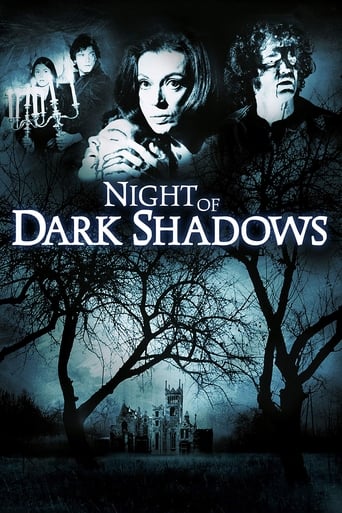
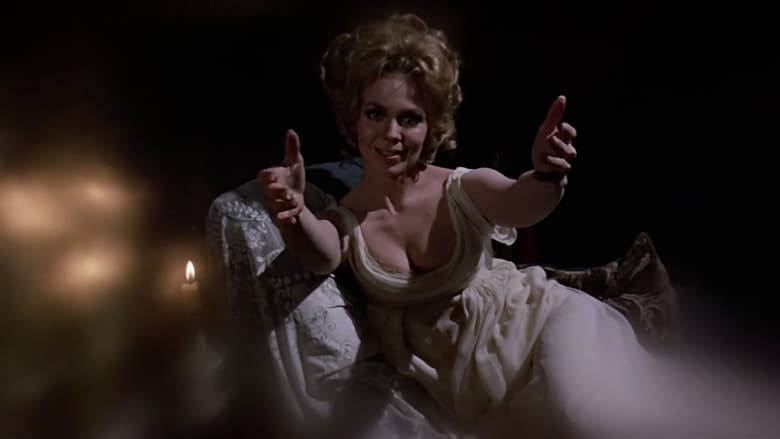
Night of Dark Shadows (1971)
A newlywed painter and his wife move into his family's ancestral home and find themselves plagued by spirits of past residents.
Watch Trailer
Cast
Similar titles
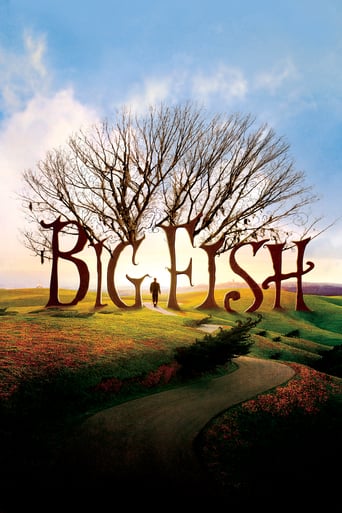
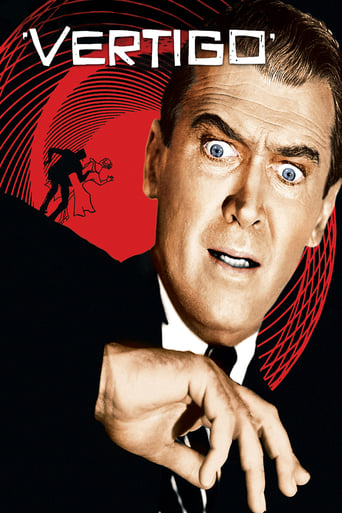
Reviews
If you don't like this, we can't be friends.
I gave it a 7.5 out of 10
Better Late Then Never
This is a tender, generous movie that likes its characters and presents them as real people, full of flaws and strengths.
I protest!!!! The low # ratings are offensive to me!! House of Dark Shadows and Night of Dark Shadows are Icons of the horror movies from the late '60's and '70's. The two movies are cult classics based on the ground breaking soap opera classic from the same era of the two movies - think a fan base of Star Wars or Terminator. At any rate Dan Curtis was a GENIUS when it came to motion media production - just my 2 cents.
Well, almost... David Selby plays Quentin Collins, a talented young artist who moves his wife and himself into the woodsy estate once owned by his ancestors, who were involved in witchcraft and may still be hanging around; Grayson Hall is the caretaker of the manor, who knows all its dark secrets (she tells the handyman, "Everything's different now!"). Dan Curtis' continuation of themes he began with the television serial "Dark Shadows" has its effective moments, despite MGM forcing cuts to shorten the original running-time (the film is a second-cousin to the TV show out of necessity, not by design, after Jonathan Frid refused to return as Barnabas Collins, forcing Curtis in a new direction). Robert Cobert contributes a spooky score, although there is so much one-finger tapping on a piano that one gets the feeling everyone is walking around with their own keyboard. Cinematographer Robert Shore does excellent work on a tight budget, and nobody stages a creepy nightmare like Curtis (this one has a shuddery funeral in the rain, capped with a lonesome church bell and a woman laughing hysterically). The reincarnation plot isn't much, and Selby is too colorless an actor to be much of presence (or a threat), but the dark, damp location--with spirits around every corner--provides the perfect place for things that go bump in the night. ** from ****
Dan Curtis' "Dark Shadows" remains the most thoroughly unique "soap opera" ever put on TV, because instead of melodramatic plots, love triangles and such being set in fictional settings, he decided to go Gothic and supernatural with all of those things. The saga of the Collins family and all the weird things that happen in the Collinwood estate was so engrossing that, even with the melodramatic and occasionally hammy acting and sets that were low budget even for TV, the show lasted for five years (1966-1971) and 1,225 episodes. Curtis extracted two feature-length films from it, both of which became as much cult films as the series itself had done on the small screen. The first was 1970's HOUSE OF DARK SHADOWS, which was revolved around Jonathan Frid's infamous vampire Barnabas Collins. The second one was 1971's HOSUE OF DARK SHADOWS, only very loosely related to its big-screen predecessor, and having more in common with some of the plot lines of the TV show's 1969-1970 season.Series regular David Selby returns to his role of Quentin Collins, now a painter who inherits the Collinwood mansion, only to find the place haunted, and himself possibly possessed, by an ancestor of his, namely Charles Collins (Selby again). A whole host of supernatural evils, some of them a tad bit bloody (though, absent Frid's vampire, they are less explicit than what we saw in HOUSE OF DARK SHADOWS), ensues. As had been the case with both the TV series and HOUSE OF DARK SHADOWS itself, NIGHT OF DARK SHADOWS does contain its share of fairly bizarre and twisted happenings; but series regulars Thayer David, Grayson Hall, John Karlen, and Lara Parker are on hand to offer some continuity, as is composer Robert Cobert, who once again provides the right amount of sonic atmosphere for this film, which, like the first film, was shot at the mansion once owned by rubber baron Jay Gould in Tarrytown, New York.Besides producing and directing, Curtis co-scripted NIGHT OF DARK SHADOWS with Sam Hall, his co-creator of the TV series, which, by the time of the film's release in August 1971, had left the air, only to wind up going into syndication and reruns in the 1980s, where it found a whole new kind of audience. The film itself, while certainly a fair bit less interesting than the admittedly ghoulish HOUSE OF DARK SHADOWS, does have plenty of atmosphere an excellent set designs, given that its budget was only $900,000; and the cast, including a young Kate Jackson (later to star in another ABC series, "Charlie's Angels", later in the 1970s), is able to give good performances with the unquestionably melodramatic material. Most of Curtis' output after this was for the small screen, notably the 1973 adaptation of Dracula, and as producer of both THE NIGHT STALKER and THE NIGHT STRANGLER (he also directed the latter), though he would return to the big screen in 1976 for BURNT OFFERINGS.While not necessarily a spectacular horror film, NIGHT OF DARK SHADOWS still has enough spooky moments in it to warrant a 7/10 rating.
Well, this was nowhere near as bad as the Leonard Maltin Film Guide claimed where it's been unenviably slapped with a BOMB rating! Nonetheless, I was confused by the fact that, while the events once again take place in the Collinswood manor, there's no mention at all of vampirism in fact, the 'villain' of the piece is a witch who, like Barnabas Collins from HOUSE OF DARK SHADOWS (1970), is intent on kindling an unnatural romance with the lookalike descendant of her former lover (in this case, young painter David Selby). Even more baffling is the fact that several actors return from the first film but as totally different characters (for instance, Grayson Hall is now the enigmatic housekeeper devoted to her former mistress in the best Mrs. Danvers tradition, while Thayer David merely appears in a flashback as the witch's nemesis!) still, we get here a similar unhinged acolyte played by a different actor who, however, serves no discernible function this time around! In any case, the hero arrives with a wife (future Charlie's Angel Kate Jackson) in tow incidentally, his progenitor had also been married to another woman, and the witch was actually his own brother's spouse!; Selby, initially mystified by intermittent visions from the past, eventually falls under the witch's spell and retreats to the tower to paint barring entry to his wife, whom he begins to neglect and mistreat (culminating in a murder attempt!). Though hardly original, the plot is more complex (and, in a way, intriguing) than that of the previous film approximating, in fact, the classic Gothic/romantic melodrama in the tradition of "Jane Eyre" and, as already intimated earlier on, "Rebecca". The film, therefore, is much more of a mood-piece than its predecessor with the various nightmares, apparitions and other strange occurrences throughout giving the whole an agreeably uncanny, even surreal vibe; tying in with this, Robert Cobert's evocative score seems even better suited to the tone of this particular film than that of the more genre-specific HOUSE OF DARK SHADOWS.That said, the end result (at least, judging by the 94-minute Theatrical Release Version under review since the 'lost' Director's Cut was, reportedly, a hefty 129 minutes long!) emerges to be vaguely unsatisfactory (not helped by the less-than-stellar quality of the source, bearing fuzzy credits and a distracting echoey soundtrack): for one thing, the 'established' actors were generally better served by their roles in the first film while the new recruits don't exactly set the screen on fire! The script does take care to provide one final twist leading to a downbeat 'curtain' (of the type we have relentlessly suffered from in recent years note my comments to the recently-viewed HATCHET [2006]) though its coda of a newspaper report describing the mysterious road accident in which the central couple's married friends were killed (but which is then interrupted half-way through) proves a genuine "What The F***?!" moment. The film was immediately followed by two distinct theatrical trailers for it, as well as an alternate one for HOUSE OF DARK SHADOWS than what was included on its own edition.
